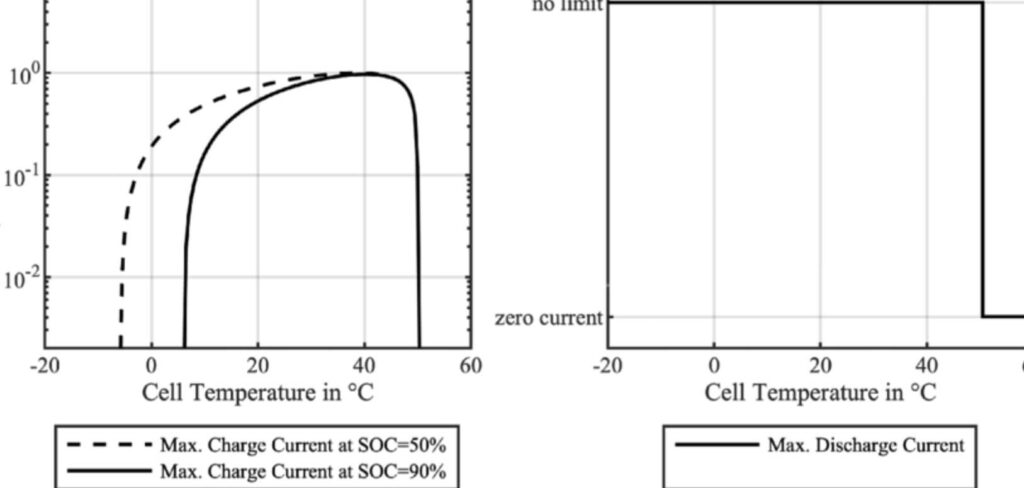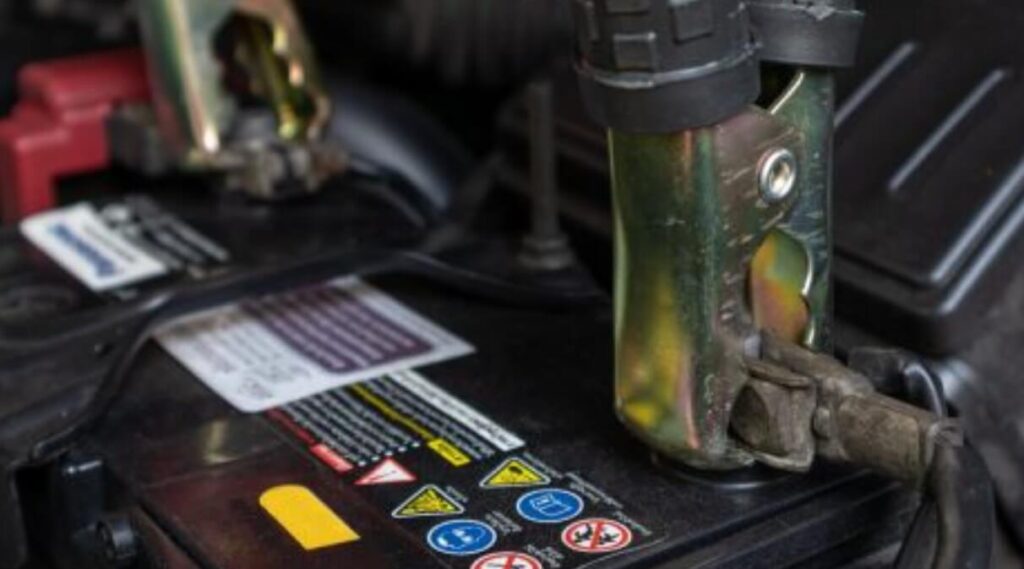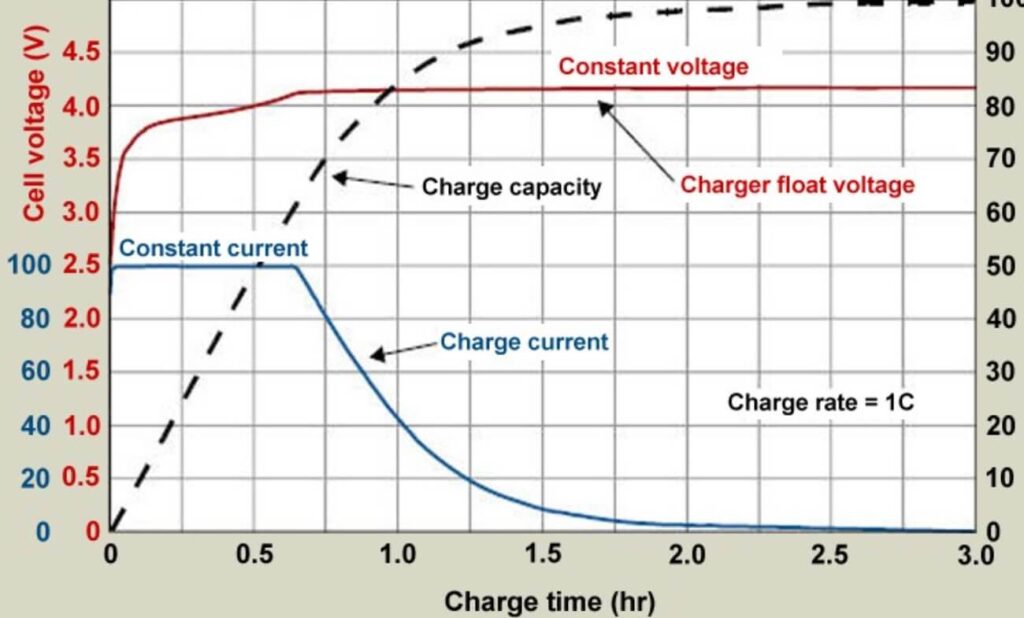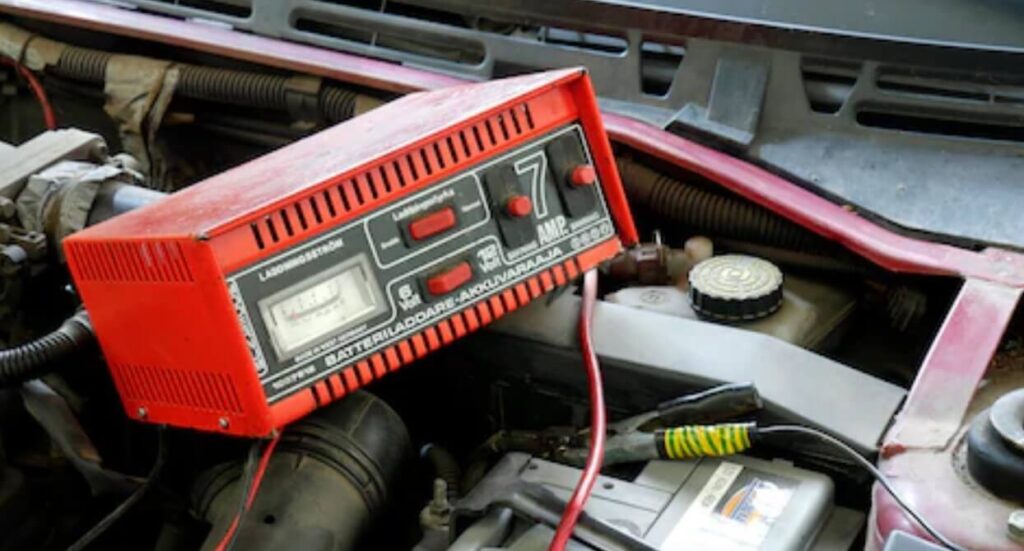It takes around 12 hours to charge a car battery at 6 amps. Charging a car battery is a crucial aspect of vehicle maintenance.
It is important to know how long it takes to charge a car battery at 6 amps, so you can plan your charging schedule accordingly. Typically, charging a car battery at 6 amps takes around 12 hours for a full charge.
However, the time it takes can vary depending on the size and type of the battery, as well as its current charge level. Overcharging or undercharging a car battery can cause harm to the battery, so it is important to monitor the charging process and remove the charger when the battery is fully charged. In this article, we will discuss the factors that affect the charging time of a car battery and tips to ensure safe and efficient charging.
Factors Affecting Charging Time
When it comes to charging your car battery, understanding the factors that can affect the charging time is crucial to keep your battery maintained and extend its lifespan. Here are the key factors that can affect the charging time and how to deal with them:
Role Of Battery Size And Capacity In Charging Time
The size and capacity of your car battery play a significant role in determining how long it takes to charge. The larger the battery, the longer it takes to charge, and the higher the capacity, the more energy it needs to recharge.
- The larger the battery, the longer it takes to charge.
- The higher the battery capacity, the longer it takes to charge.
How The Temperature And Condition Of The Battery Affect Charging Time?
The temperature and the condition of your car battery can also affect its charging time significantly. If the battery is too hot or cold, it may take longer to charge, or it may not charge at all. Additionally, if the battery is old, damaged, or has a low capacity, it may also take more time to recharge.
- The battery temperature affects its charging time.
- The battery condition (old, damaged, or low capacity) affects its charging time.

Importance Of The Charging Device’s Amperage
Another crucial factor that can affect how long it takes to charge your car battery is the charging device’s amperage. The higher the amperage, the faster the battery will charge, and the lower the amperage, the longer it will take to charge.
- The higher the amperage, the faster the battery will charge.
- The lower the amperage, the longer it will take to charge.
By understanding the factors that can affect your car battery’s charging time, you can take measures to charge it optimally and keep it in good condition. Make sure you consider the battery size and capacity, temperature and condition, and the charging device’s amperage when charging your car battery.
What Are The Steps To Charge A Car Battery At 6 Amps?
If you are wondering how long to charge a car battery at 6 amps, you have come to the right place! Professional mechanics often recommend this amperage as a safe and effective option for charging your car’s battery. We will discuss the necessary steps to charge your car battery at 6 amps.

Necessary Safety Precautions Before Charging
Before proceeding with charging your car battery, it is essential to take safety precautions seriously. Here are some necessary steps you should follow:
- Wear protective gloves and goggles to avoid any dangerous chemical burns and sparks that may occur during the charging process.
- Make sure the charger is rated for the battery type you are using, and the charger’s amps are suitable for the battery’s capacity.
- Perform a visual inspection for any sign of cracks and damages to the battery and the charger before proceeding with the charging process.
Connecting The Charger To The Battery And The Power Source
After performing the safety check, you can now connect your charger to the battery and the power source. Below are the steps required:
- Ensure the charger and the battery are compatible by matching their voltages.
- Connect the positive charger cable to the positive battery terminal and the negative charger cable to the negative battery terminal.
- Then connect the charger to the power source.
Setting The Charger To The Desired Amperage
Setting the charger to the appropriate amperage is a crucial step in the charging process. Here’s how to do it:
- Check your owner’s manual to determine the correct amperage for your car battery.
- Set the charger to the 6-amp setting.
- Make sure the charger is in the “off” position when connecting the charger’s clamps to your battery as a safety measure.
Monitoring The Charging Process
Charging your car battery at 6 amps usually takes around 12-16 hours for a full charge. It is essential to keep monitoring the charging process to avoid overcharging or overheating your battery. Here are some tips to follow:
- Keep an eye on the ammeter on the charger to ensure that the amps read 6.
- Check the charging progress regularly by monitoring the battery voltage with a multimeter.
- Unplug the charger once the battery reaches full charge.
Charging your car battery at 6 amps is a safe and effective way to charge your battery. Following the steps mentioned above will help ensure the process is carried out safely and correctly. Remember to take safety precautions seriously, connect the charger to the battery and power source correctly, set the charger to the right amperage, and monitor the charging process regularly.
How To Estimate Charging Time For Different Batteries?
Knowing how long to charge your car battery is crucial for ensuring that it stays in good condition and functions optimally. To estimate the expected charging time, you’ll need to know the battery’s ampere-hour (ah) rating and the charging rate in amps.
Here is an overview of how to calculate the charging time for different types of batteries:
- Divide the battery’s ah rating by the charging rate in amps to get the charging time in hours.
- For example, a 60ah battery charged at 6 amps will take approximately 10 hours to charge fully (60 ah ÷ 6 a = 10 h).
- Keep in mind that the actual charging time may vary depending on battery age, temperature, and its current state of charge.

Charts And Tables Showing Estimated Charging Times For Common Battery Types:
If you don’t have the time or resources to calculate the charging time for your battery manually, you can use charging time estimators or charts available online. Here are some examples of estimated charging times for common car battery types and sizes:
| Type | Voltage | Capacity | Lifespan (Years) |
|---|---|---|---|
| Lead-Acid | 12V | 50Ah | 8-10 |
| AGM | 12V | 70Ah | 10-12 |
| Gel-Cell | 12V | 30Ah | 4-6 |
| Lithium-Ion | 12V | 100Ah | 2-3 |
Keep in mind that these are just estimated charging times and may vary based on factors such as temperature, battery age, and charging mechanism.
How To Use Estimation Tools And Apps?
There are various online tools and apps available that can help you estimate the charging time for your car battery more accurately. Here are a few examples of estimation tools:
- Battery university offers a free online battery runtime calculator that takes into account things like battery type, capacity, and charging profile.
- Battery charge time calculator is another free online tool that can estimate charging times based on battery size and charging current.
- If you’re looking for a mobile app, battery life pro & manager is a popular battery management app that can help you monitor your battery’s health and estimate charging times.
When using these tools or apps, be sure to input the correct battery type and size to get an accurate estimate. Additionally, remember that these estimates are still approximations and your actual charging time may vary.
Importance Of Maintaining A Regular Charging Schedule
Maintaining a regular charging schedule is crucial when it comes to keeping your car battery healthy. Here are some key points to keep in mind:
- Regular charging helps prevent battery sulfation, a condition where a battery’s sulfuric acid accumulates on its lead plates, reducing its ability to hold a charge.
- If you let your battery sit for a week or more without charging it, sulfation can start to occur.
- Consistent charging during the winter months can also help prevent battery freezing in extremely cold weather.
Alternative Ways To Maintain Battery Health
In addition to maintaining a regular charging schedule, there are other steps you can take to keep your car battery healthy. Here are some key points to keep in mind:
- Keep your battery clean, free of dust and corrosion, which can cause excessive discharge.
- Park in a shady spot to help prevent overexposure to heat, which can accelerate battery wear.
- Consider using a battery tender or maintainer in between regular charging cycles to help keep your battery at optimal charge levels.
Addressing Issues Of Overcharging Or Undercharging
Overcharging and undercharging your car battery can both cause serious problems. Here are some key points to keep in mind:
- Overcharging can cause your battery to overheat and shorten its lifespan.
- Undercharging can result in sulfation, reduced battery capacity, and a shortened lifespan.
- The ideal charging rate for most car batteries is between 2-10 amps, although some specialty batteries may recommend different charging rates.
By following these tips and maintaining a regular charging schedule, you can help maximize your car battery’s lifespan and ensure reliable performance for years to come.
How Long Does It Take To Charge A 12 Volt Battery At amps?
The time it takes to charge a 12-volt battery at a specific amperage depends on the battery’s capacity and the charging rate. As a general rule, you can estimate the charging time by dividing the battery’s capacity (measured in ampere-hours, Ah) by the charging current (measured in amperes, A). For example, a 50Ah battery charging at a rate of 10 amps would take approximately 5 hours to reach a full charge (50Ah / 10A = 5 hours).
However, it’s essential to consider the battery’s condition, the charger’s efficiency, and other factors that might affect the charging time. Always refer to the battery manufacturer’s recommendations and safety guidelines for the best charging practices.

How long to charge a car battery at 4 amps?
The time it takes to charge a car battery at 4 amps can vary depending on the capacity of the battery and its current state of charge. To estimate the charging time, you can use the formula:
Charging time (in hours) = Battery capacity (in ampere-hours) / Charging current (in amps)
For example, if you have a 50 ampere-hour (Ah) battery and you’re charging it at 4 amps:
Charging time = 50 Ah / 4 amps = 12.5 hours

How Long Does It Take To Charge A Car Battery At 6 Amps?
It takes approximately 10-12 hours to charge a car battery at 6 amps. However, the time may vary depending on the age, type, and condition of the battery.
Can A Car Battery Be Overcharged At 6 Amps?
Yes, overcharging can occur if the battery is left on the charger for too long. It can cause damage to the battery and lead to a shorter lifespan.
How Often Should I Charge A Car Battery At 6 Amps?
It is recommended to charge your car battery at 6 amps every six months or when it is constantly in use. This helps prevent the battery from losing its charge and prolongs its life.
Is It Safe To Charge A Car Battery At 6 Amps?
Yes, it is safe to charge a car battery at 6 amps as overcharging protection is built into modern battery chargers. However, it is important to follow the manufacturer’s instructions and safety precautions when handling the charger.
How long to charge a 12v battery at 6 amps?
To calculate the charging time for a 12V battery at 6 amps, you need to consider the battery’s capacity. Battery capacity is typically measured in ampere-hours (Ah) and indicates the amount of charge the battery can hold.
To calculate the charging time, divide the battery capacity by the charging current:
Charging time (in hours) = Battery capacity (in Ah) / Charging current (in amps)
For the given battery:
Charging time = 100 Ah / 6 amps = 16.67 hours
Therefore, it would take approximately 16.67 hours to fully charge a 12V battery with a capacity of 100 ampere-hours at a charging current of 6 amps.
Can I Charge A Dead Car Battery At 6 Amps?
Yes, you can charge a dead car battery at 6 amps. However, it may take longer and require multiple charging sessions to fully recharge the battery. It is recommended to check the battery’s voltage regularly and disconnect the charger when fully charged.
Conclusion
After reading this article, you now have a better understanding of how to charge your car battery properly using a 6 amp charger. Remember to always read the manufacturer’s instructions and set your charger to the correct settings. Charging your car battery at 6 amps will take approximately 12-24 hours depending on the battery size and condition.
It’s also crucial to inspect your battery regularly and maintain it to increase its lifespan. Neglecting your battery could cause irreparable damage and cost you a lot more money in the future. By charging your battery the right way, you are ensuring its longevity and saving money in the long run.
We hope that this article has been helpful in answering your questions about car battery charging!
